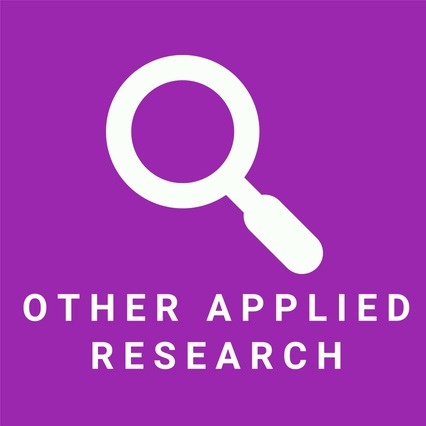Projects
CCBR typically has 15-20 ongoing projects and has completed over 500 projects since 1982. Each project is guided by our commitment to impacting social change in practical and powerful ways. We conduct research with people not on people, cultivating respect with communities at every step of the process.
Projects can be searched for using words from the project title or using the service area, theme, or date range for the project. You can also type 'Service Area' or 'Theme' into the search bar to get a list of options in each of these fields.
- Projects
- /
- 8997_ Participatory Research Study with Syrian Refugee Youth
The purpose of this study was to develop and conduct action-oriented, user-driven, participatory research to test solutions with Syrian refugee youth on issues and challenges that emerged as priority concerns (school integration, family responsibilities and mental health). This study had three main objectives:
- To provide opportunities for Syrian refugee youth to identify research priorities related to their situations;
- To train and support Syrian refugee youth to conduct and analyze research with and relating to their peers; and,
- To identify possible solutions to the key challenges that Syrian refugee youth face when integrating into their new communities.
To learn more, click here.

